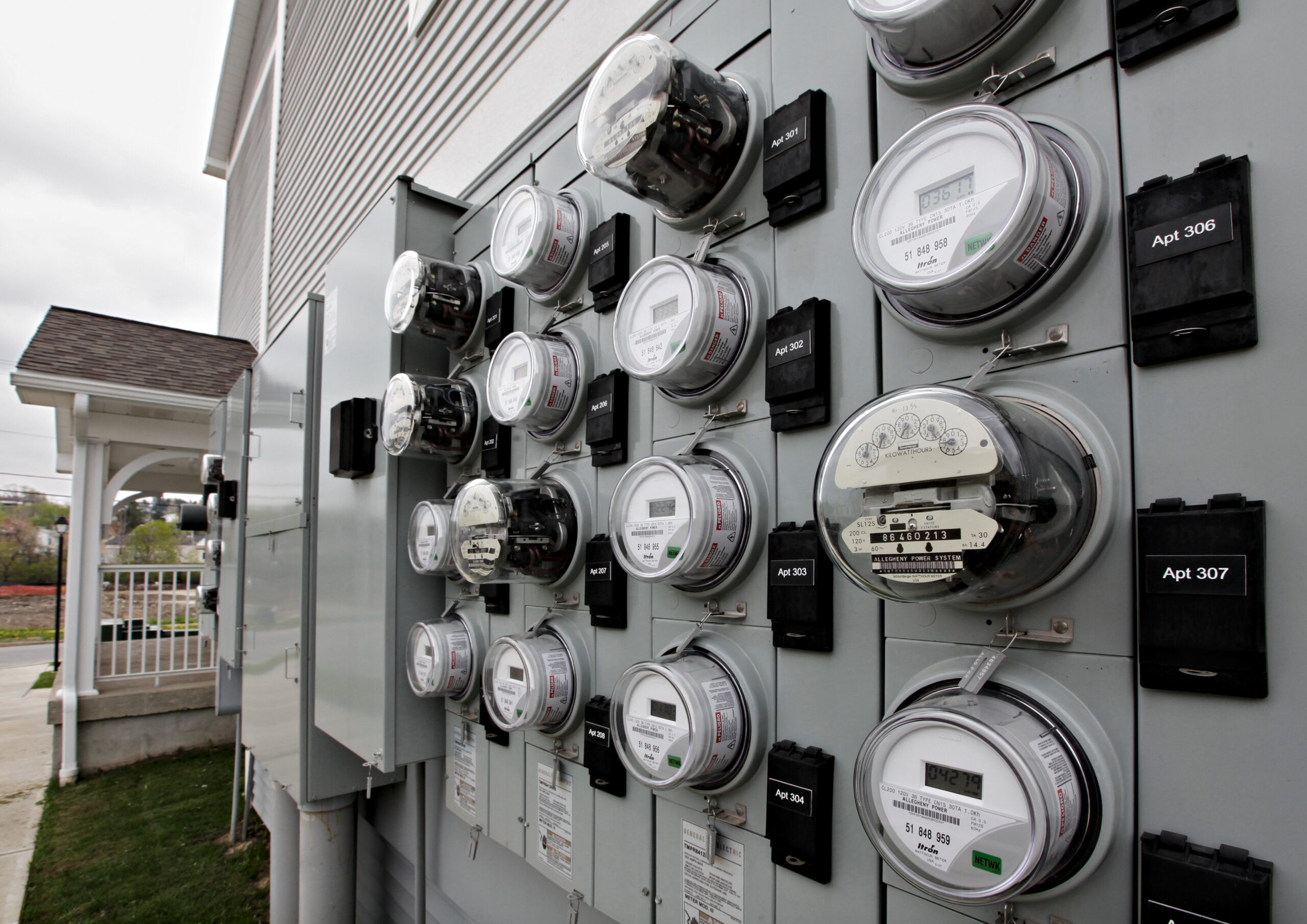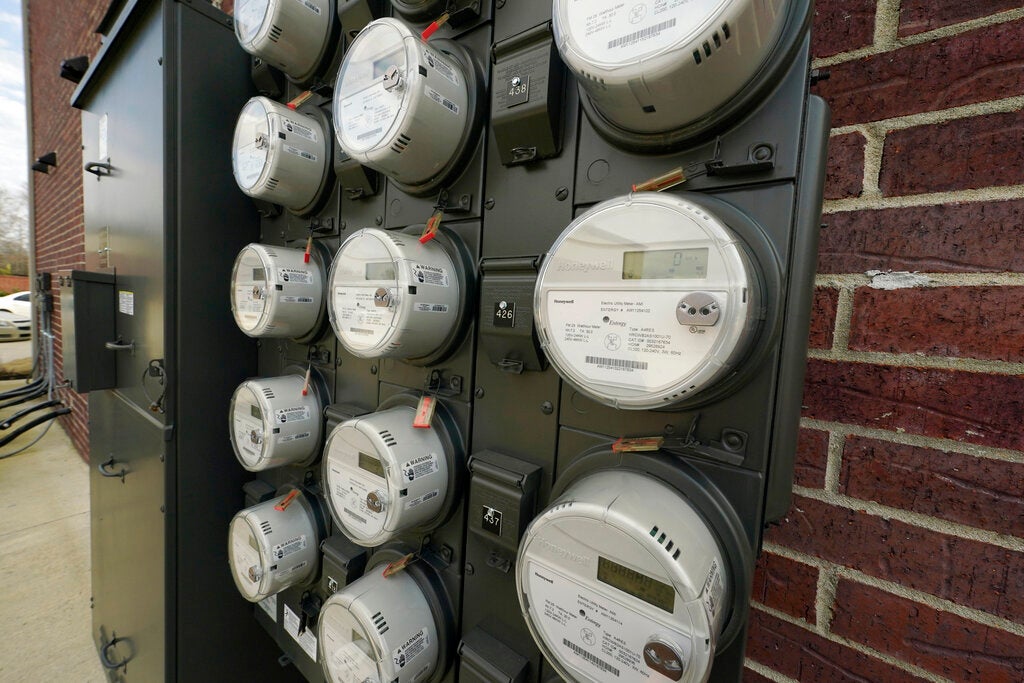State regulators announced this week that they will lift a temporary moratorium that prevented utilities from disconnecting water, electricity and heat for customers who couldn’t afford to pay their utility bills during the COVID-19 crisis. Utilities can once again issue disconnection notices starting July 15 and the moratorium ends on July 25.
The Public Service Commission of Wisconsin issued an order on March 24 barring the disconnections and collection of late fees.
PSC Commissioner Tyler Huebner said Friday that the commission is trying to strike a balance with consumer protection and costs to utilities.
Stay informed on the latest news
Sign up for WPR’s email newsletter.
“The utilities can offer deferred payment agreements, which would allow (customers) to set up a payment plan to repay those balances,” said Huebner.
Data submitted by the state’s 26 utilities shows that on average, just under 13,000 disconnections are made from April 15 through May 15 each year. The commission said most utilities did not disconnect service during the same timeframe this year except in instances of meter tampering or dangerous conditions like fires and gas leaks.
We Energies, the state’s largest electric and natural gas utility, reported that its amount of unpaid bills has grown by $16.8 million as of the most recent billing cycle for residential and nonresidential customers compared to the last three-year average.
Wisconsin Public Service saw its past-due balance grow by $3.4 million for residential and nonresidential customers. Madison Gas & Electric said the balance of its unpaid bills was 11 percent higher for residential customers and 120 percent higher for nonresidential users.
Utility representatives contend customers were likely to fall far behind on their bills if the moratorium remained in place for much longer, including Tim Heinrich, executive director of Municipal Electric Utilities of Wisconsin.
“If the customer cannot get current on (their bill) and the utilities to take a write-off, then those costs gets passed on to all utility customers,” said Heinrich.
Heinrich noted utilities now have a month to work with customers to prevent any issues with service. Brendan Conway, spokesperson for We Energies and Wisconsin Public Service, agreed.
“We have payment plans. We have budget billing. We have ways that we can help make it easier for people,” said Conway. “Especially at an uncertain time, what we want more than anything is for people to have some certainty and have some options.”
Tom Content, executive director of the Citizens Utility Board, said it’s a challenging situation for both utilities and their customers.
“Given the severity of the pandemic and the economic impact, we think it’s incumbent on utilities to do what they can to accommodate folks as far as being flexible,” said Content.
CUB and the commission urged utilities to provide greater flexibility to customers facing economic challenges due to COVID-19. People who are sick with COVID-19 or experiencing medical conditions can also seek a temporary waiver from their utility.
Customers are advised to contact their utility provider if they’re behind on their bills to set up a payment plan to avoid disconnection. If customers receive a disconnection notice, they can apply online for assistance with their energy bills from the Wisconsin Home Energy Assistance Program.
People can also file a complaint with the commission if agreements can’t be reached on the agency’s website.
Below is the contact information for the state’s largest utilities:
- Alliant Energy: 1-800-255-4268
- Madison Gas & Electric: 1-800-245-1125
- Superior Water, Light & Power: 1-800-227-7957
- We Energies: 1-800-842-4565
- Wisconsin Public Service Corporation: 1-800-450-7260
- Xcel Energy: 1-800-895-4999
Wisconsin Public Radio, © Copyright 2025, Board of Regents of the University of Wisconsin System and Wisconsin Educational Communications Board.




